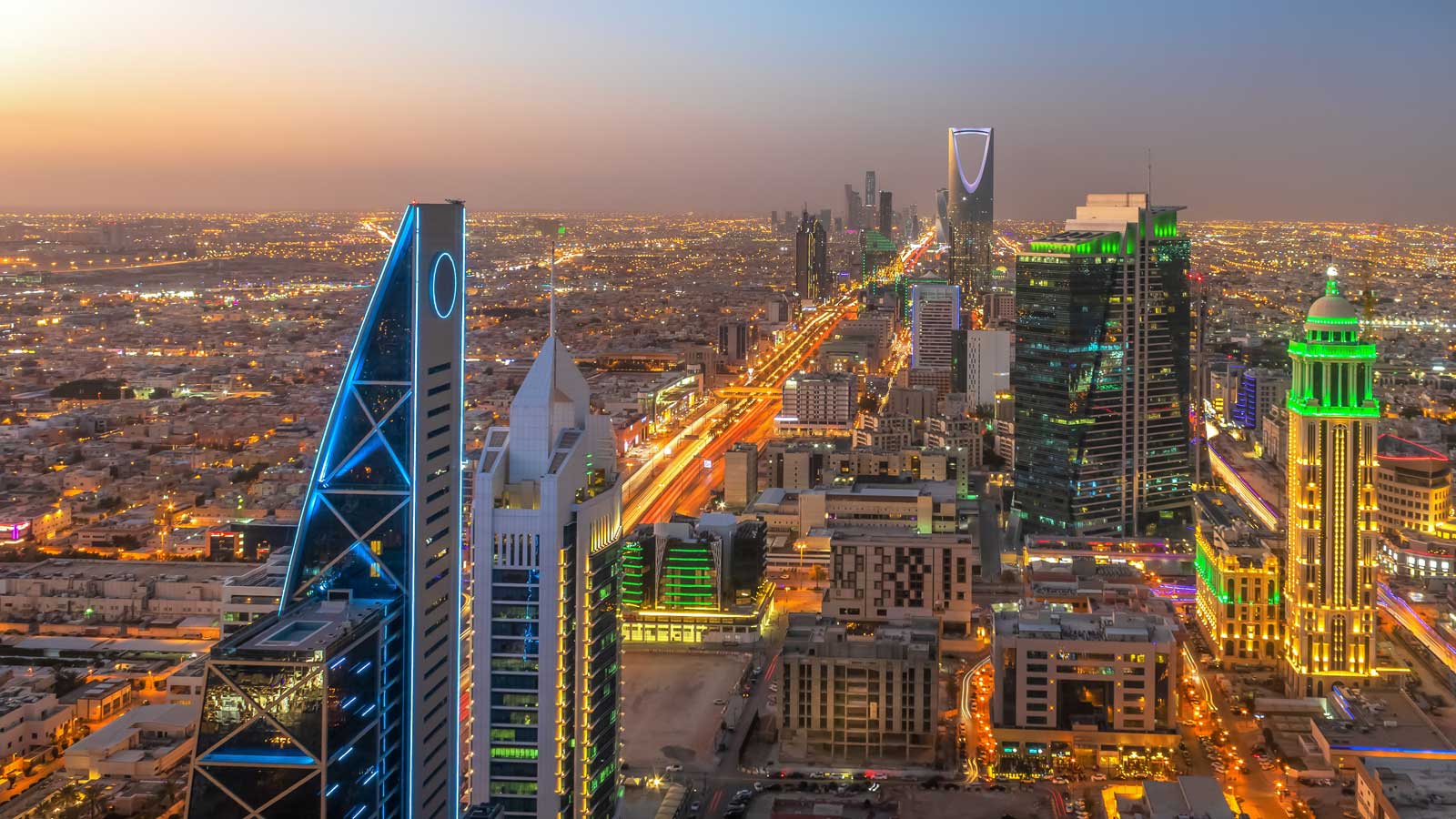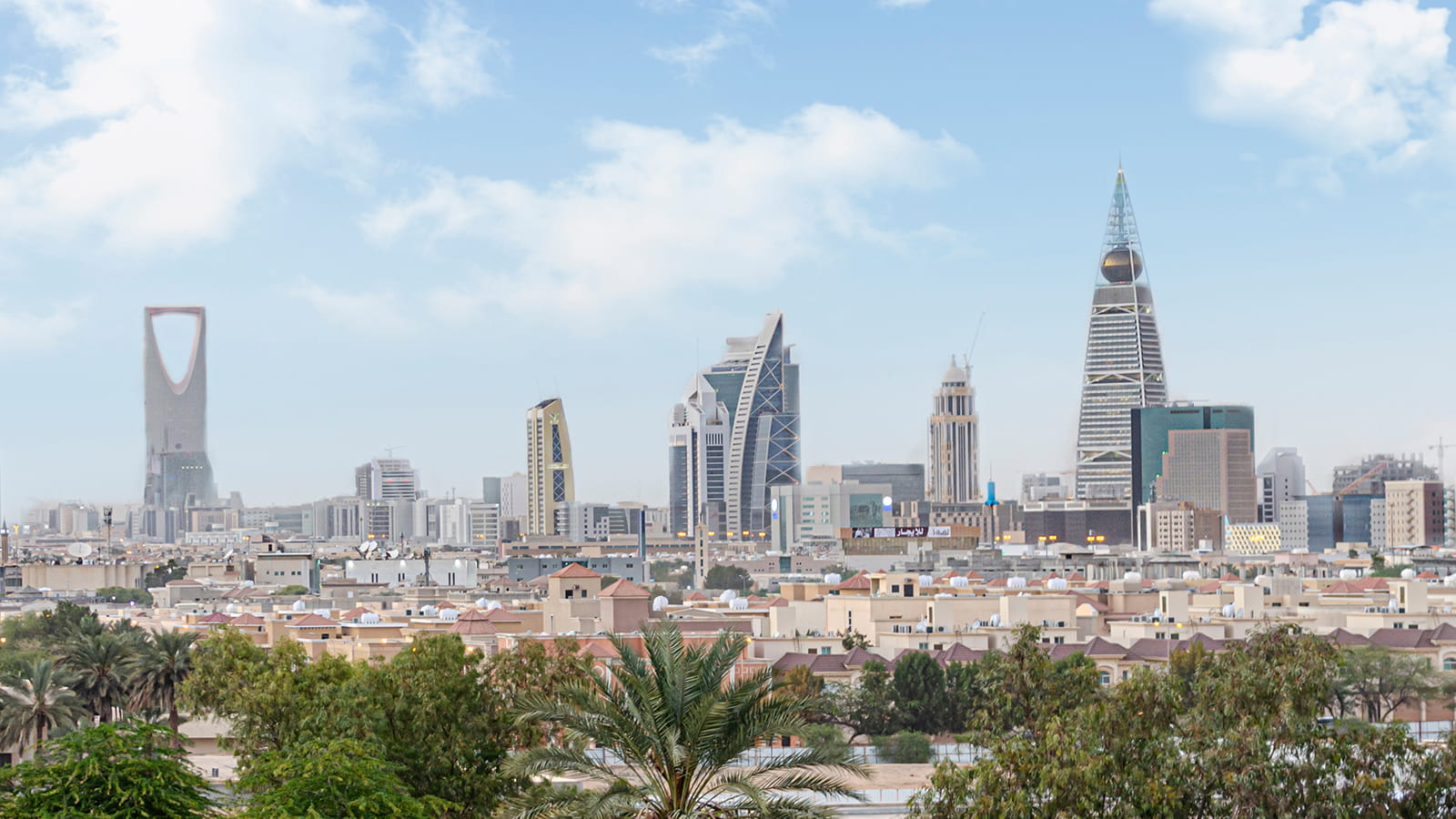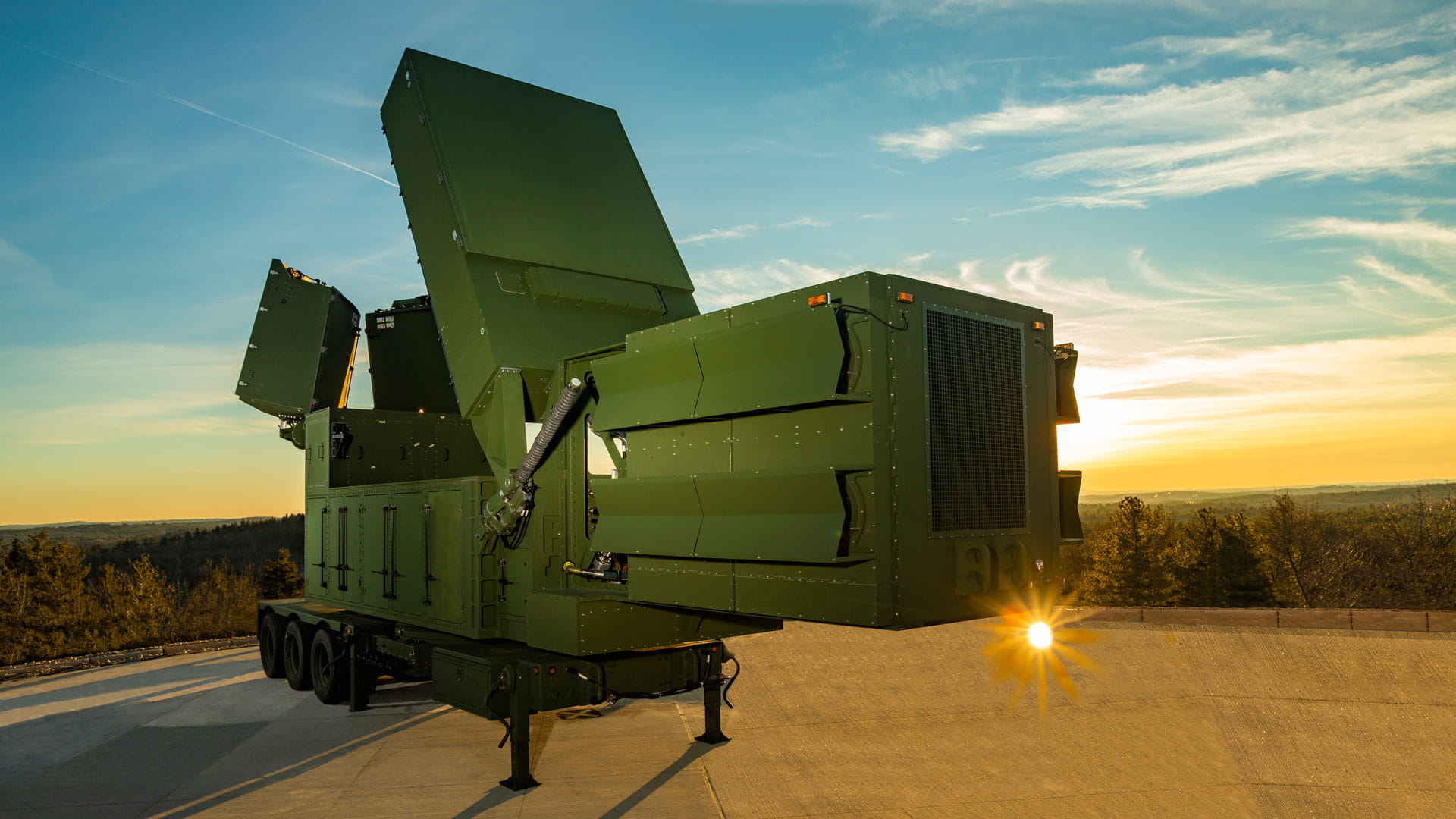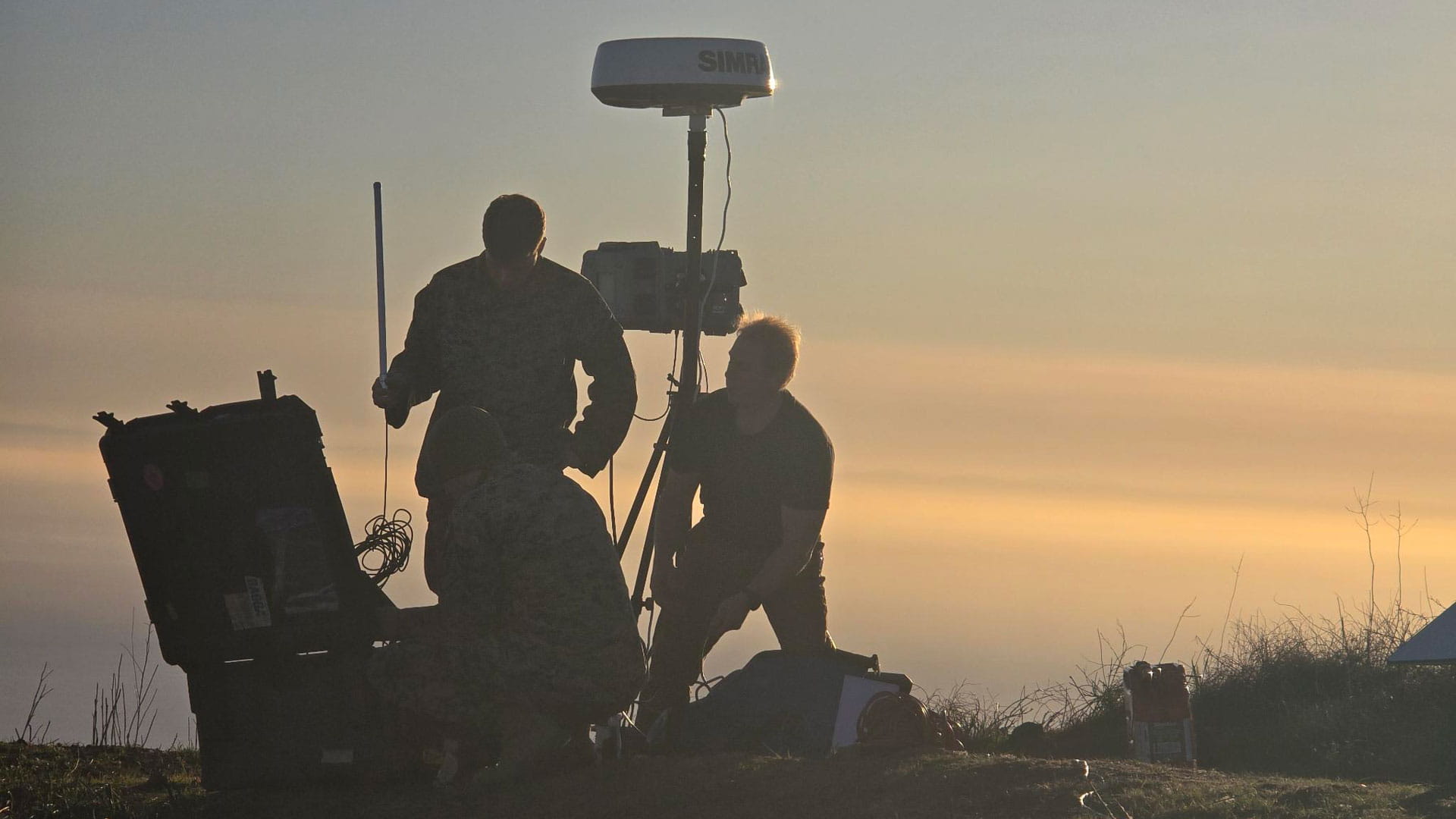A strong local connection in the Kingdom of Saudi Arabia
The Kingdom of Saudi Arabia has its sights set on a more sustainable future, with a plan called Vision 2030 that calls for greater investment in education, a more diverse economy and the growth of its in-country defense and aerospace industry.
Raytheon Technologies, through the work of Raytheon Saudi Arabia, Collins Aerospace and Pratt & Whitney, are building upon more than 50 years in country to deliver technologies, services and local support that can help achieve those goals.
Supporting a local workforce
Raytheon Technologies has about 250 employees across Saudi Arabia – including offices in Riyadh and Jeddah – who work together to make air travel more connected, defense systems smarter, space technologies more intelligent and the future more sustainable.
“Having a local presence is very important to us. It’s about being able to employ Saudis to do value-added work right here in the Kingdom,” said Dave Hanley, vice president and chief executive of Raytheon Saudi Arabia.
The company maintains strong relationships with local manufacturing and suppliers. In December 2019, it reached a historic milestone with the signing of the first Industrial Participation Agreement, or IPA, with Saudi Arabia’s General Authority for Military Industries. The agreement set the scope for local work during the Patriot Deep Maintenance and Refurbishment contract for the Royal Saudi Air Defense Force.
Additionally, Collins Aerospace has a partnership with Advanced Electronic Company in Saudi Arabia to establish capabilities in production, assembly, and maintenance, repair and overhaul services to support several platforms including the F-15 fighter jet. That partnership creates a local supply base that can serve the needs of a global market.
“Building sovereign capabilities is a critical part of Vision 2030, and local partnerships are a key element to transforming the economy,” said Amal Osman, managing director for Middle East and Africa at Collins Aerospace.
With its long history of building these key partnerships, Collins also has established a joint venture with BAE to provide communication systems and Link 16 terminals to help the Royal Saudi Air Force achieve interoperability with the U.S. and its allies.
Boosting technology transfer
The development of a new generation of leaders across industries – including aerospace and defense – is a key element of the strategy for Saudi Arabia’s future.
“Saudi Arabia has been on a journey to evolve and create a learning economy by investing in its people,” Hanley said.
Raytheon Technologies, in partnership with local universities, works with students and early-career professionals to give them hands-on learning experiences within the aerospace and defense industry. Interns have an opportunity to travel to the company’s U.S. offices and participate in training in the areas of finance, supply chain, engineering and cybersecurity to prepare them for future careers.
“The good news is that after a year of work experience in our internship program, several of these interns have returned to Saudi Arabia and have been employed by Raytheon Saudi Arabia,” Hanley said.
The company’s STEM engagement programs and internship opportunities give it “the unique ability to influence the future generation and show them what’s possible when it comes to having an amazing career in this industry,” Osman said, recalling the mentors who influenced her early in her career.
The company’s STEM engagement programs and internship opportunities give it “the unique ability to influence the future generation and show them what’s possible when it comes to having an amazing career in this industry,” Osman said, recalling the mentors who influenced her early in her career. “I’m passionate about developing the next generation of Saudi talent in aerospace and defense.”
Powering defense
Raytheon Technologies and its businesses work together to offer connected, interoperable technology to defend against growing regional threats. Those technologies include air and missile defense solutions, high-definition radars, high energy lasers, and command and control systems for advanced situational awareness.
“They need the latest technology to defeat threats that are quickly evolving,” Hanley said.
In the air, more than 3,800 F100 engines power thousands of F-15 and F-16 fighter jets performing critical missions around the world, according to Mike Moeller, a retired U.S. Air Force lieutenant general who now works as vice president for military engines and integrated customer solutions at Pratt & Whitney.
“We’ve powered the RSAF F-15 C/D fleet since the delivery of the first F-15 in 1981, and we continue to power the Royal Saudi Air Force fleet with our F100 engines,” Moeller said.
The International Aero Engines V2500-E5 powers the C-390 Millennium military transport aircraft, which fits the Saudi Arabian transport mission. The V2500 engine, which provides 31,000 pounds of thrust with efficient, clean power, is designed and manufactured by International Aero Engines, a global partnership of aerospace leaders including Pratt & Whitney, Japanese Aero Engine Corporation and MTU Aero Engines.
And Pratt & Whitney Canada powers aircraft in the region including Pilatus PC-21 turboprop-powered advanced trainer aircraft and Bell B412 utility helicopters.




